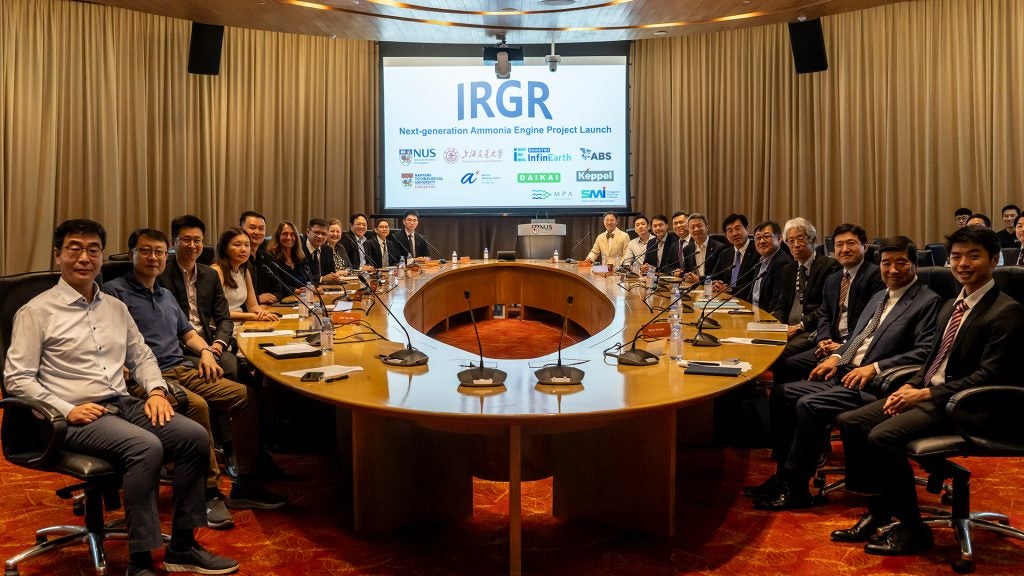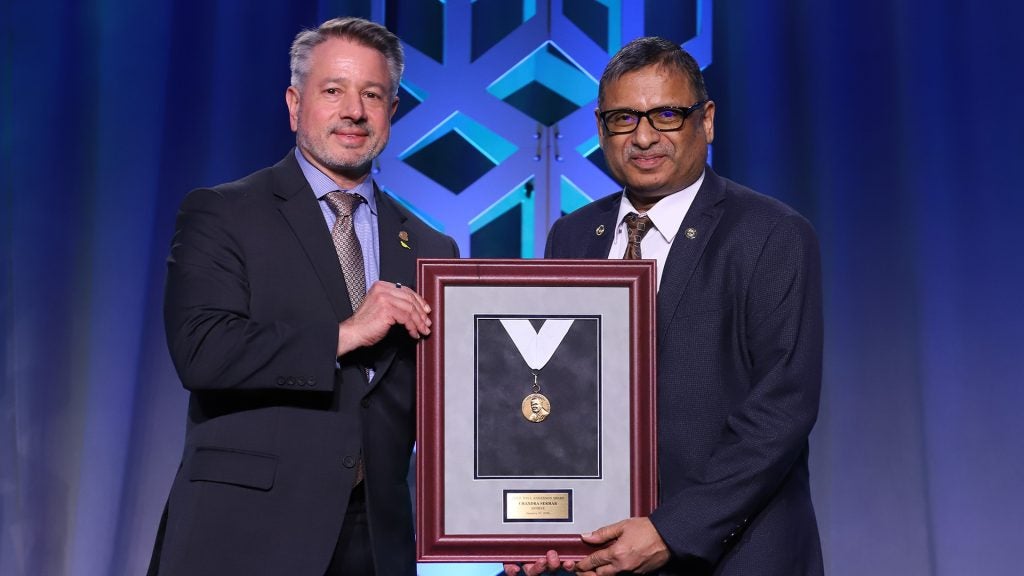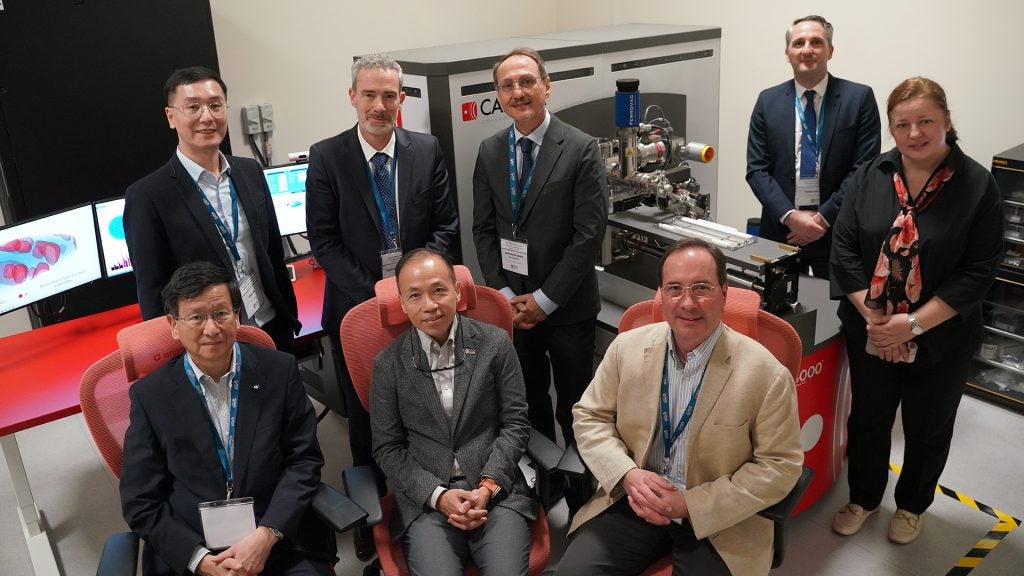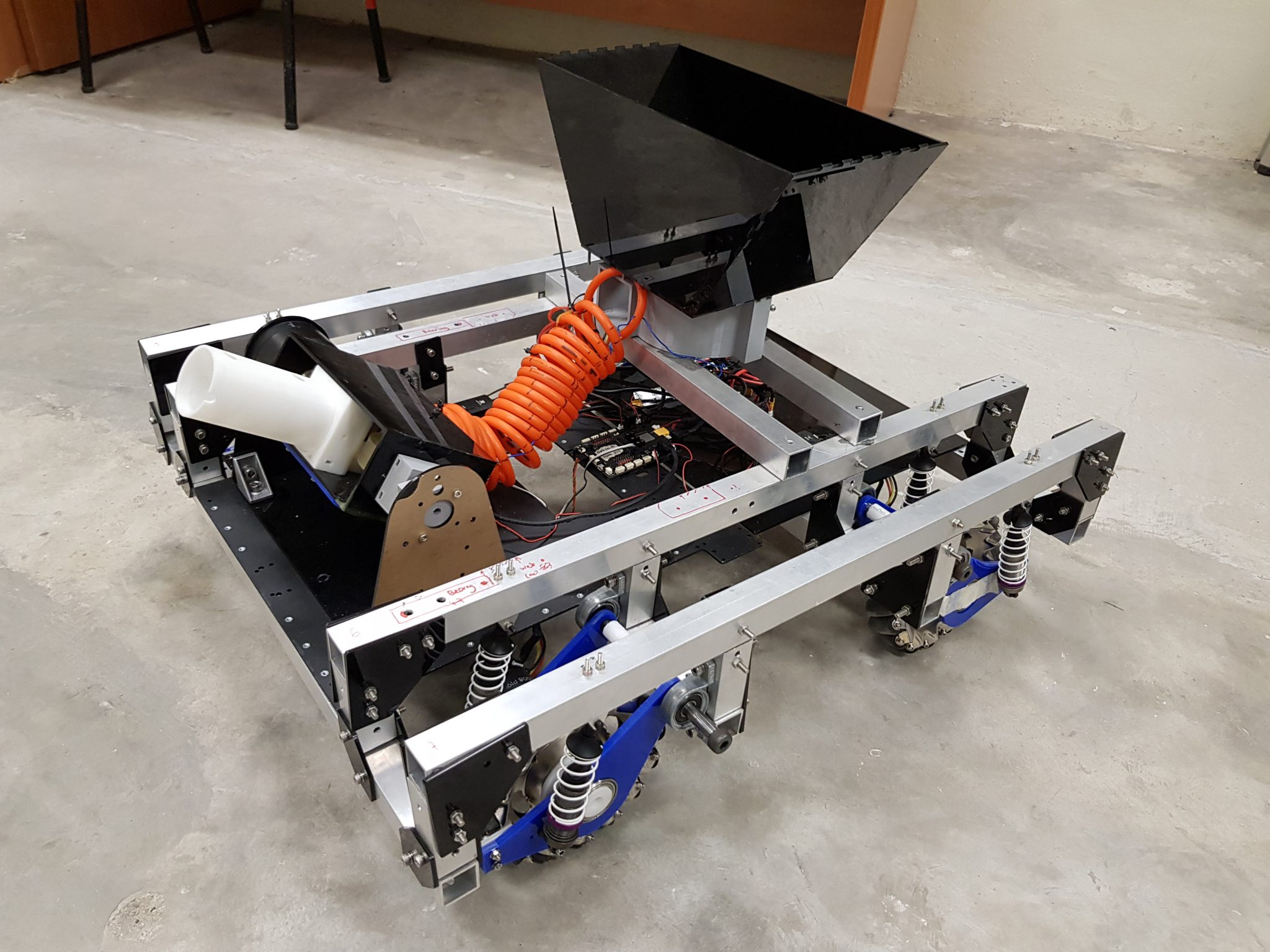
Imagine a competition where engineers are like rock stars. An arena of spectators cheering on opposing teams as they pilot their creations against each other, their technical ingenuity and strategic skills on full display.
This competition is RoboMaster, and a band of students from NUS is taking up the challenge.
RoboMaster is a series of robotics showdowns held in Shenzhen, China, organised by Chinese drone company DJI. The flagship competition is the annual RoboMaster University Championship.
In the style of popular multiplayer online battle arena (MOBA) games, teams of engineering students build and pilot a nine-robot squad in an arena battle. Robots fire projectiles against enemy robots and structures, with the goal of "destroying" the enemy base structure.
The robots fill seven different roles, including a mobile shooting Hero robot, a fully automated Sentry patrolling along a fixed rail, an Aerial robot shooting from the air, and a Dart system that can hit targets over 30 metres away. Aside from meeting technical standards and including the mandatory referee systems, teams have full control over how they design and fabricate their robots.
100% student-run
Starting with just 50 members and an empty workshop in August 2019, the NUS team has made significant strides in setting up their operation.
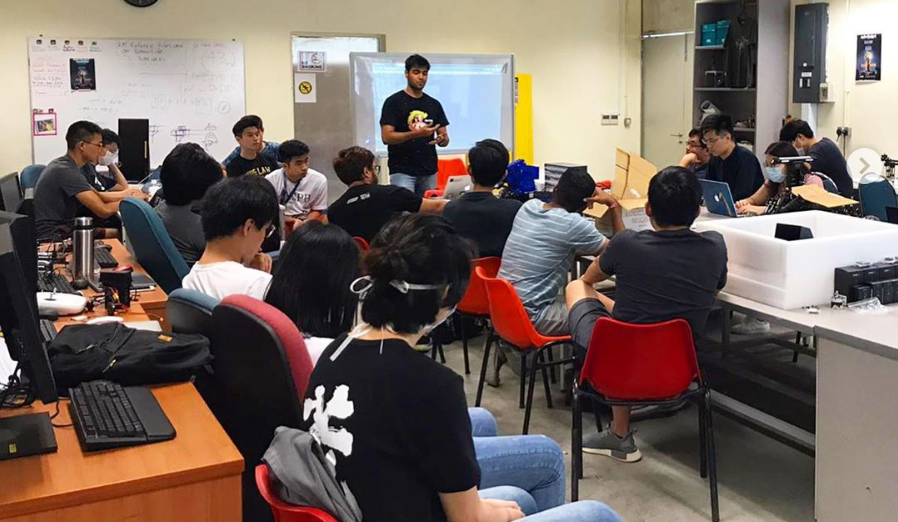
Calling themselves LumiNUS, they are organised into nine "Combat Teams", each responsible for the development of one robot.
Designing their robots in a CAD (Computer-Aided Design) programme, they review each component before sending them for fabrication, followed by assembly and testing in their workshop.
The overall development process brings together knowledge from mechanical engineering, electrical engineering and computer science, which the students take it upon themselves to learn.
Even machine vision and machine learning are involved to help their robots' targeting systems.
Welcoming all enthusiasts
Technical achievement is certainly welcomed, but simply being excited to work on duelling robots is key. "We want to get people because they are passionate about it, regardless of their engineering background," team captain Koh Tze Yee says.
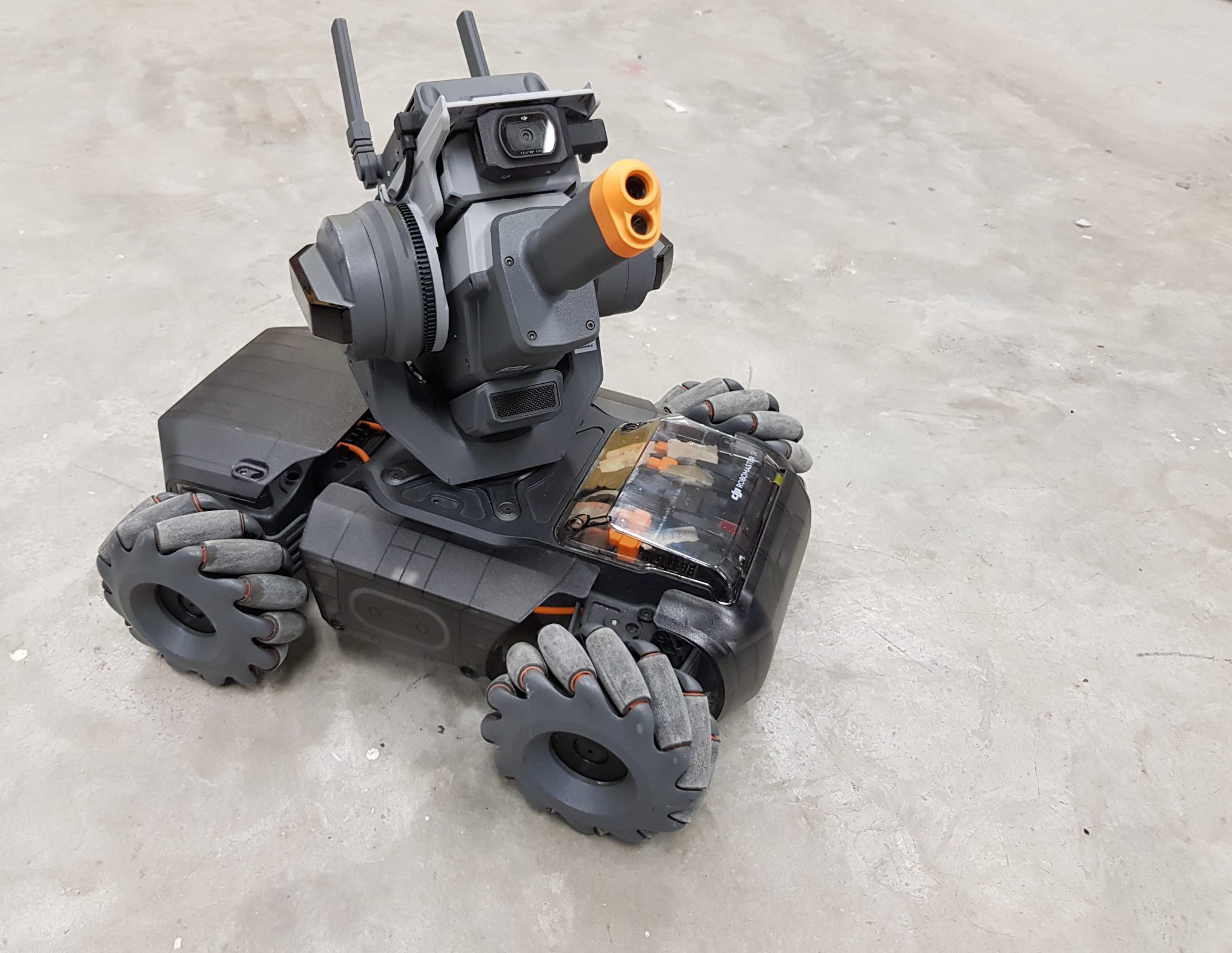
The team accepts inexperienced new members from any specialisation, putting them through a training programme guided by senior team members, called DarkNUS in contrast to their main LumiNUS team.
The DarkNUS team learns by building a robot to perform a scaled-down version of fundamental RoboMaster tasks: navigating bends, climbing a ramp, surviving a short drop and shooting stationary targets. "Through this, the new members become familiar with how we work, and interact with the mechanical, electrical and software aspects of the robot," Tze Yee says.
Eyeing the competition
Sizing up the competition, Tze Yee sees the Chinese teams as being the ones to beat. "In the Chinese universities, RoboMaster is seen as an important competition, so they can focus almost full-time on it. They have some of the most advanced robots and strategies."
On top of their regular academic schedule, the NUS team finds what time they can to make progress on RoboMaster, even dedicating chunks of their weekends to discussions and development work.
Dealing with adversity
The COVID-19 pandemic has certainly dealt a blow to their competition hopes and progress. Restrictions on gatherings have limited them to meeting in two groups of five in the two separate areas of their workshop, slowing down assembly and testing.
They now rely on Zoom calls for their weekly meetings, and try to prepare new components in batches before assembly and testing, minimising the necessity for in-person meetings. CAD work can still be done through virtual meetings.
The team's drive to go digital has also helped them to cope. "Our RoboMaster space on Wiki.NUS is an interesting tool we developed, allowing us to digitise all our resources and store them in a modular way, like meeting logs for each of our Combat Teams," says team member Naaman Tan. This helps them to all stay organised and up to date with progress, despite their physical separation.
However, the coronavirus did eventually strike a knockout blow to their hopes of participating in 2020, when the RoboMasters University Championship was cancelled due to international travel restrictions.
Although they are disappointed, the team is realigning their vision to focus on participating next year. With extra time to refine their designs, the team hopes to have their third-generation robots ready for battle and to do NUS proud.
Looking to the future
Beyond just the glory of competition, Tze Yee hopes to leave a lasting RoboMaster legacy at NUS.
While they are currently kept afloat by a generous NUS alumni donor, the team is working on securing more funding and support to ensure their longevity. They also hope to eventually garner enough interest to have a modular, mobile RoboMaster arena and hold intra-NUS competitions.
"Working on RoboMaster is a great chance for us to get hands-on experience working on real problems, and we want it to last for many generations to come," Tze Yee says. "It's all about the continuity."



